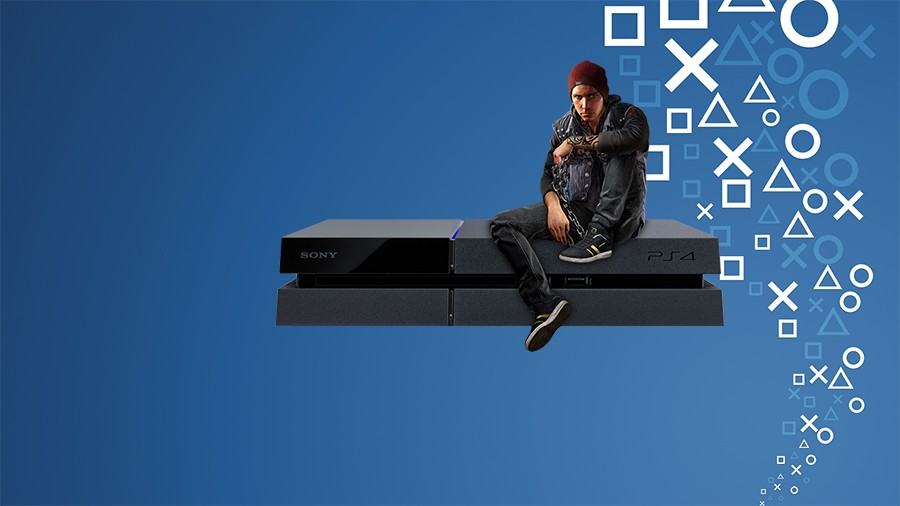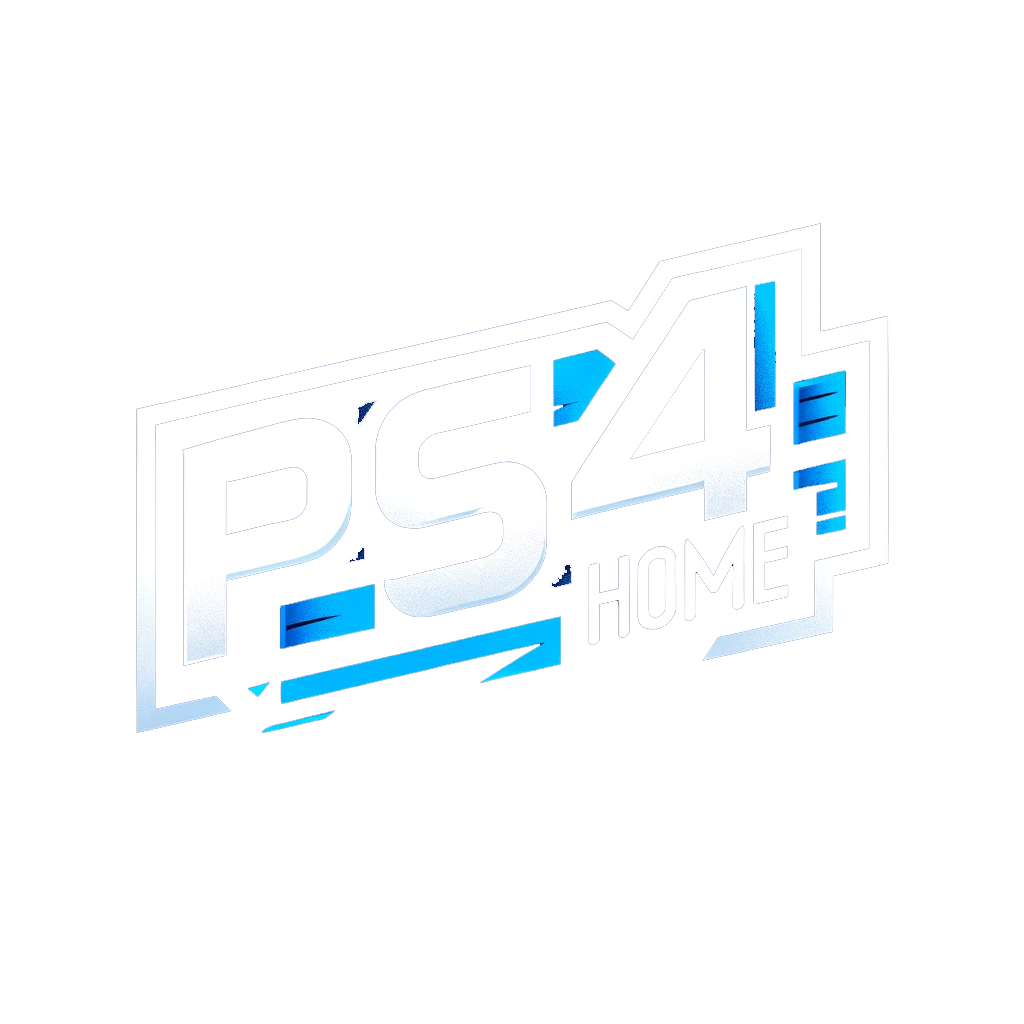When you’re gaming on your PS4, you want to be able to enjoy yourself without worrying about hackers, trolls, and other nefarious individuals. To protect yourself and the other gamers in your family, put some safeguards in place to defend your privacy. Here are some ways to maintain the level of privacy you want for your life and your gaming.

Privacy Settings Management
First of all, go to PlayStation Network Account Management and select “Privacy Settings.” You’ll see various options here, but the configuration will depend on the type of account you have. You can only change your privacy settings through the console; it won’t work if you try to do it with a web browser. However, your account settings can only be changed via the web browser.
Trophies and Activities
Decide who can see your trophies. You’ll also be able to choose whether or not to show trophies for specific games that you own. Determine which activities you want to be viewable, and whom you want to be able to view them.
Friends and Real Names
Now you need to decide who gets to send you Friend requests. You’ll also have to think about whether or not you want to show your real name and a real photo of yourself as your profile picture. Using your real information makes it easier for friends to find you. You can set it to appear to the close Friends of your close Friends, to people who search for you by name, or not at all.
Whom do you want to be able to see your Friends list? Do you want your close Friends to be able to view your picture and real name while gaming? What if your friend takes an in-game screenshot that shows your information, and then shows it to someone you don’t know? For many people, this is not necessarily cause for concern; but in a world where identity theft and hacking attempts are increasing, other PS4 owners may feel that caution is the best option.
Kicking or Blocking a Problem Player
A threat to your privacy can come in the form of an obnoxious individual, someone who damages your calm, so to speak. Is there someone in your circle of PlayStation Network pals that you’re clashing with? Maybe the person constantly spews offensive words, plays unfairly, or otherwise ruins the gaming experience for you. You can kick that person from a party, removing him from that particular gaming instance. You could also block the person, which means that he can never again join a party of which you are a member. However, this also works in reverse— if the problem person is gaming in a party with friends of yours, you won’t be able to join in if you have blocked him. Once you block someone, you may need to do a system reboot before the effect kicks in.
Security Checks
After an improper power-down of the PS4 or any signs of possible hacking or infection, check out the problem in “safe mode” before you let the gaming continue. Press the power button on the PS4 for several seconds, until it beeps and transitions to safe mode. Then you can do a scan for corruption or errors.
Protect the Password
Never give your PS4 account password to anyone— not even a PS4 Network operator. The representative should only ask you to reset the password if there is an issue. If an individual asks you to tell your password, a big red flag should start waving in your mind.
Whenever you create a password, make sure that it’s more than 8 characters, with some upper and lower-case letters, numbers, and special characters mixed in. That makes it stronger, more difficult for a hacker to crack.
What are some tricks that you have implemented to protect your privacy when you’re gaming via the PlayStation Network? Share them in the comments so your fellow gamers can benefit from the security tips!
This post didnt have a specific author and was published by PS4 Home.
